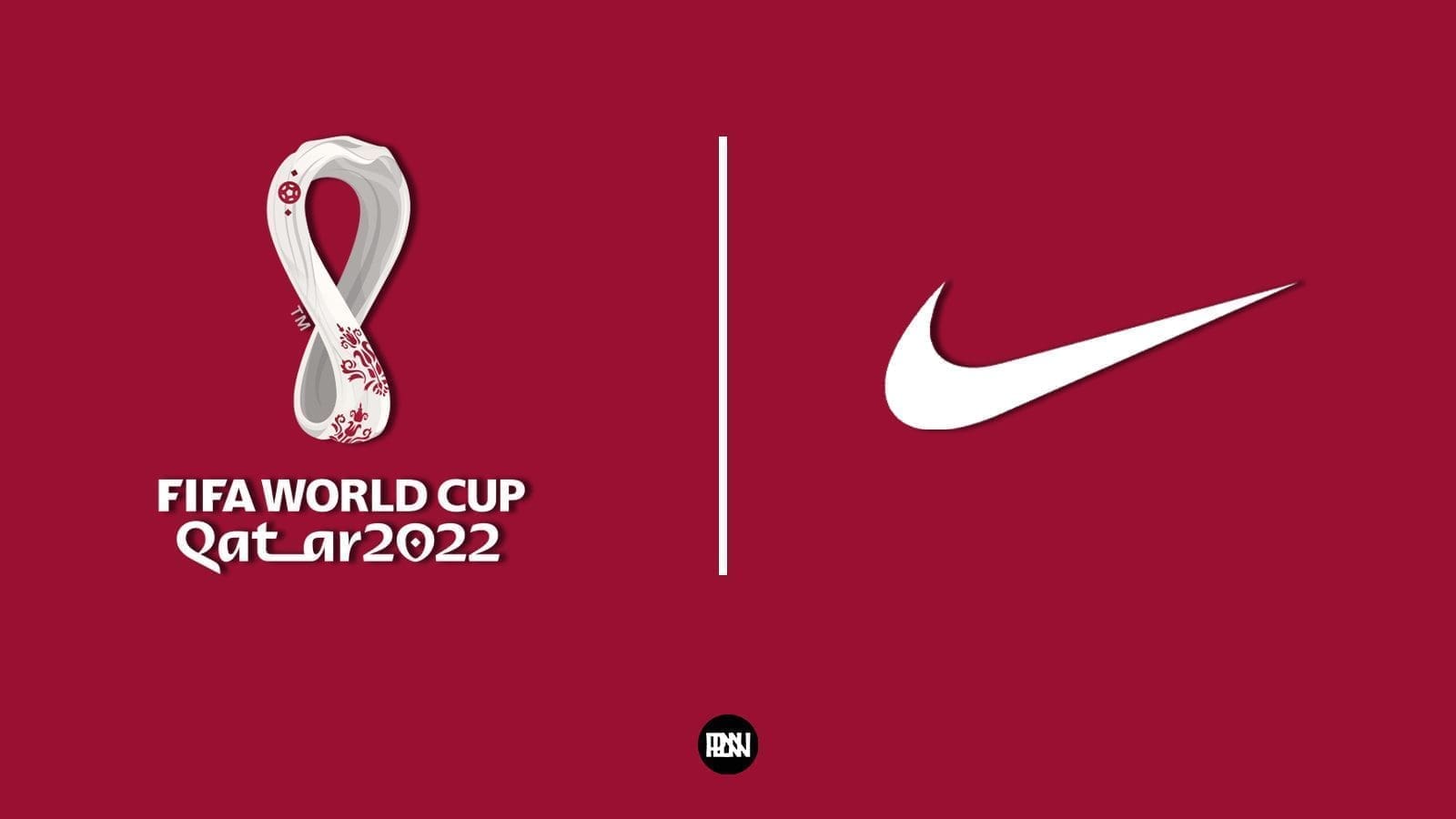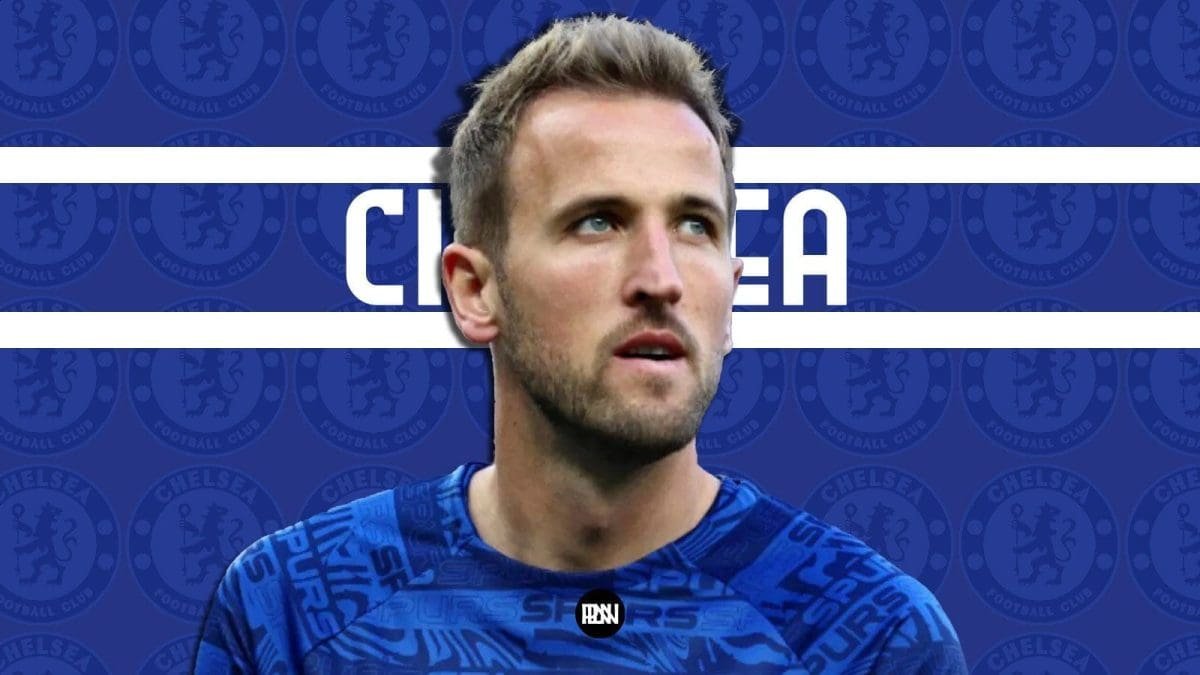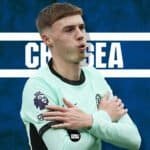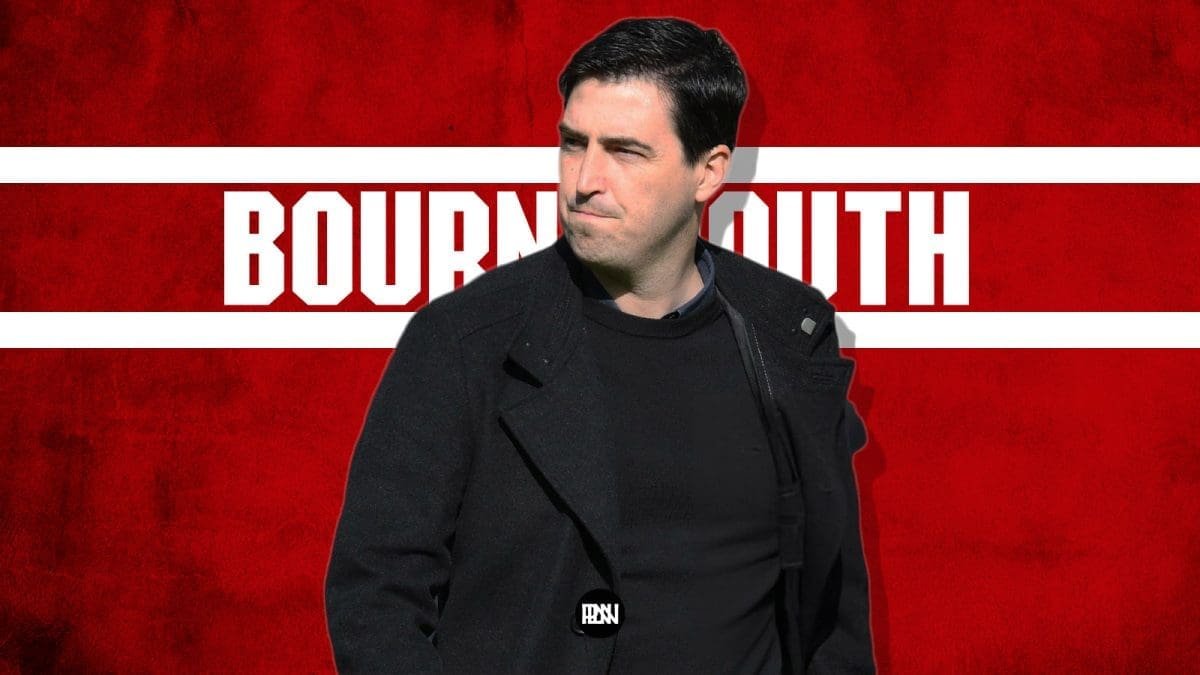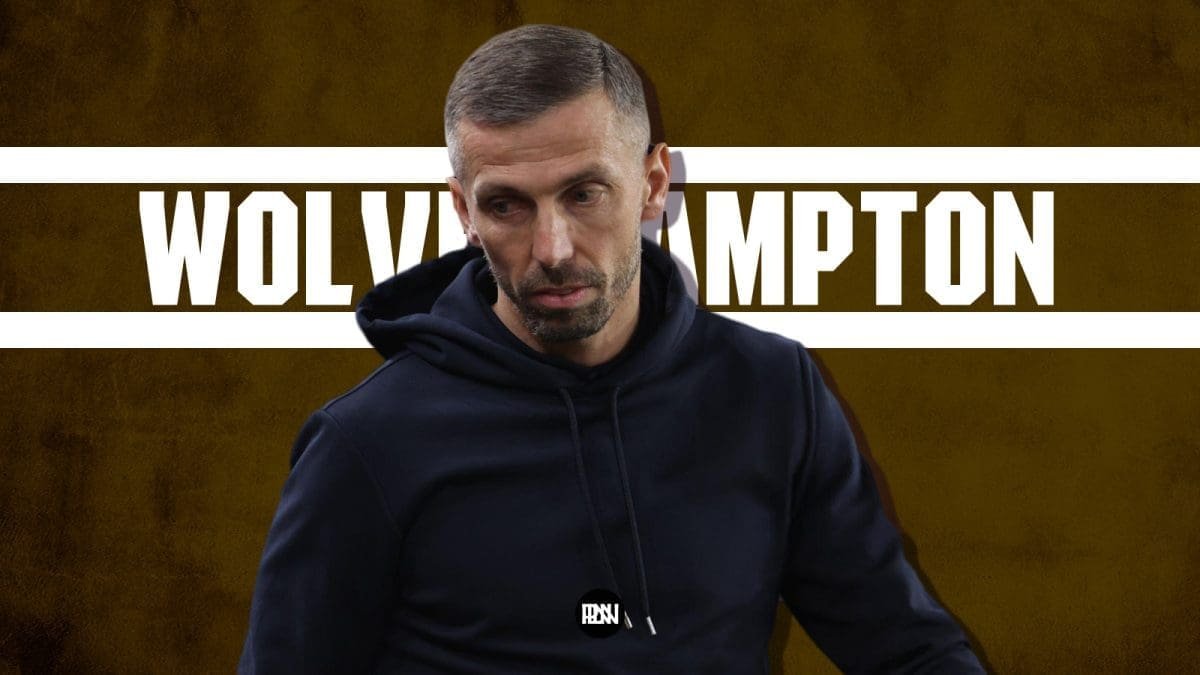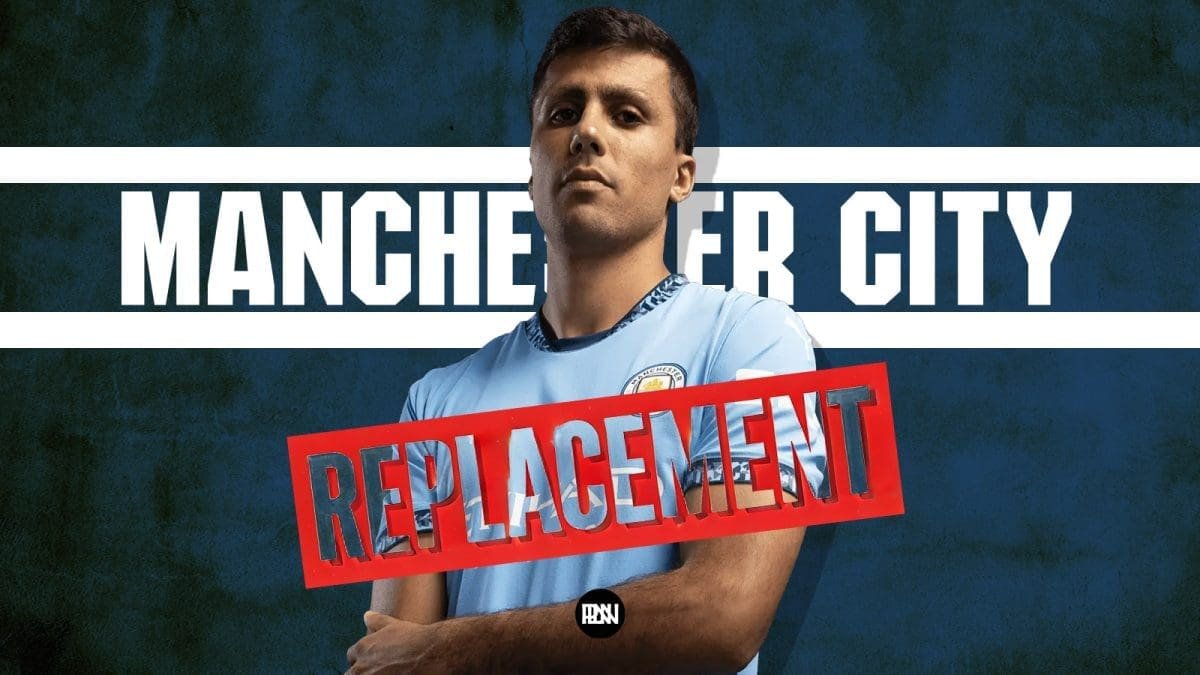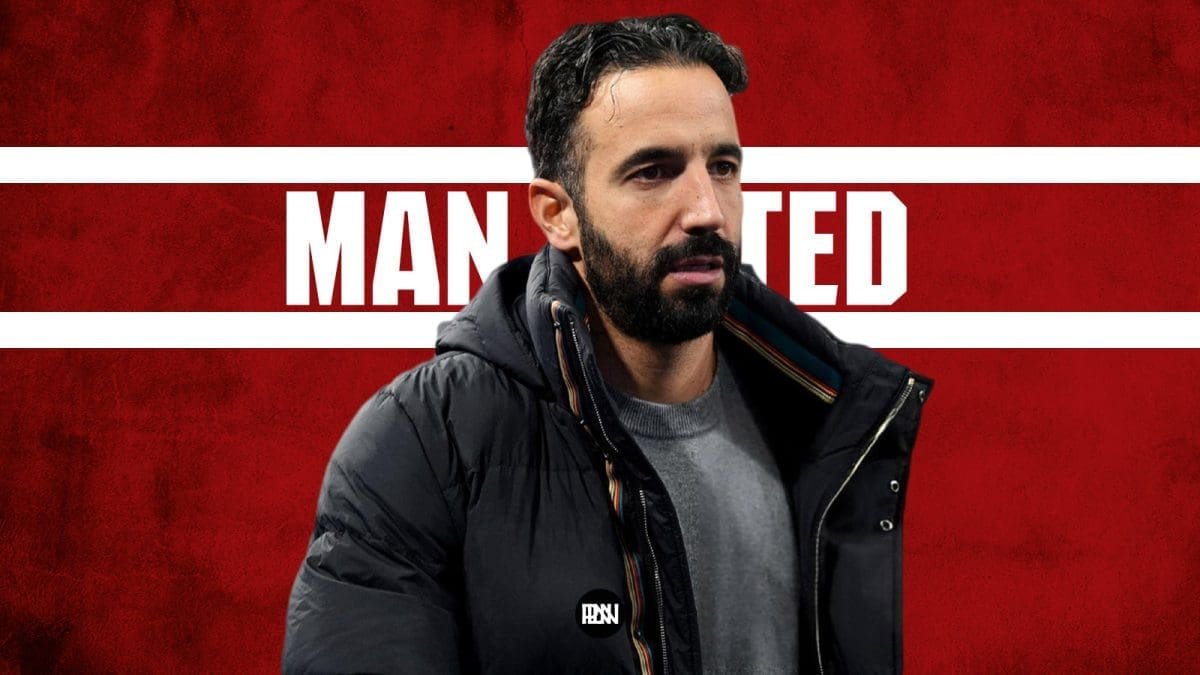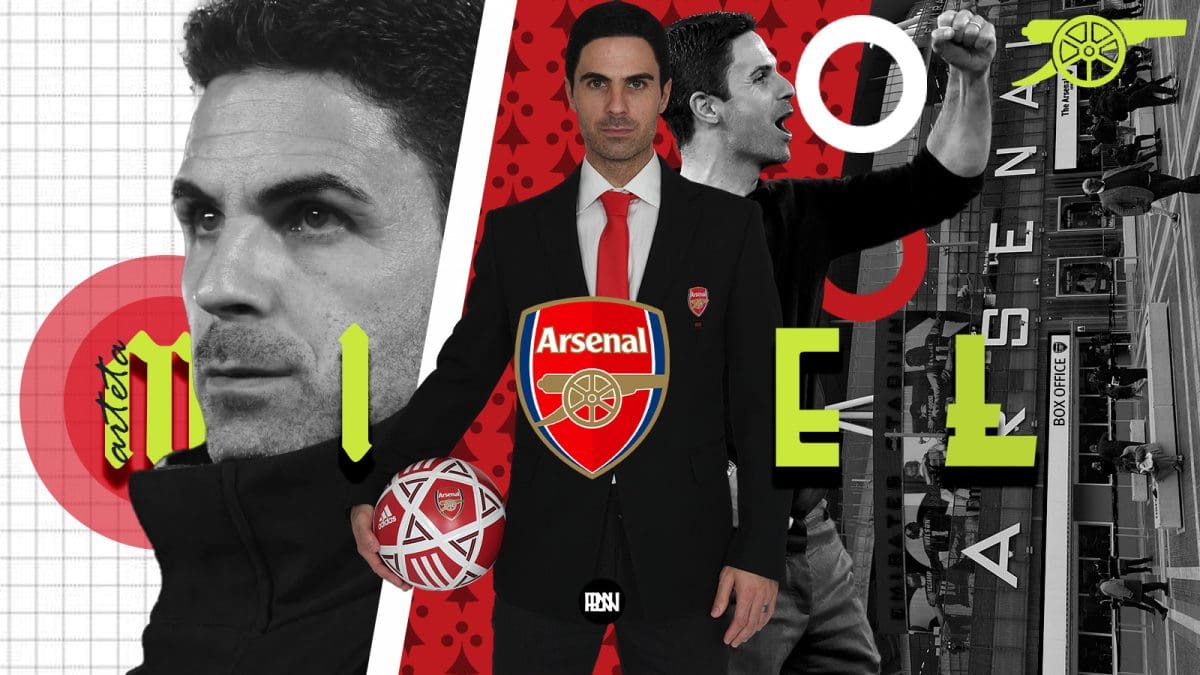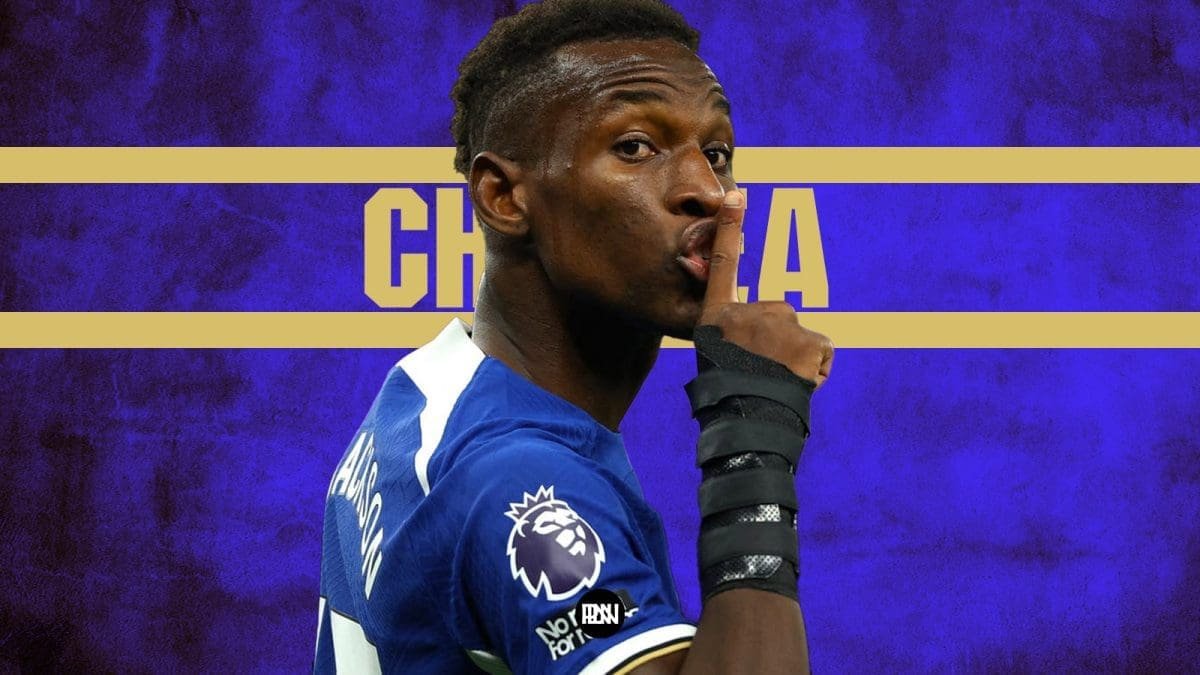Manchester United goalkeeper David De Gea has started his 12th season at the club under new manager Erik ten Hag. The Spaniard is arguably regarded as a legend to Man United faithful and his long service to the club led to him being rewarded with a whopping £375k a week contract signed in 2019. Expiring in June 2023, De Gea’s contract is gradually becoming closer to not being extended with questions over his versatility as a modern-day goalkeeper – De Gea has even been dropped by Luis Enrique for Spain since the Euros campaign and doesn’t appear to be returning to the squad any time soon.
But what exactly does this mean – what defines a ‘modern’ goalkeeper in comparison to a more ‘traditional’ shot-stopper?
The origins of Numero Uno in Manchester
It has become somewhat notorious of the story that Sir Alex Ferguson admitted that he had only ever missed three games as part of a twenty-six-year managerial career at Man Utd; one to attend his son’s wedding, one to attend his brother’s wife’s funeral, and one was so that he could scout a talented, young goalkeeper – David De Gea.
After being a part of a Europa League-winning Atlético Madrid campaign in 2010, Sir Alex finally got his man for a then-British record fee for a goalkeeper of approximately £18.9M. At just 20 years old at the time, De Gea struggled with confidence and was failing to adapt to the physicality and roughness of the Premier League. Here is a video highlighting De Gea’s performance in his debut game for the club versus Manchester City in a Community Shield faceoff:
It’s clear that De Gea was battling with the sudden change in the intensity of English football and remained hesitant to collect crosses, communicate effectively enough the fellow teammates, and overall establish authority as a goalkeeper throughout games. Despite this, there were numerous glimpses of the talent that Manchester United foresaw within the Spaniard, with David De Gea producing world-class saves on a semi-consistent basis for the Red Devils.
Replacing legendary Dutch goalkeeper Edwin van der Sar was by no means an easy task for any top goalkeeper, let alone a skinny, inexperienced young adult who had the spotlight on him from minute one. Sir Alex Ferguson described De Gea’s situation at United as “a learning process” after just his first league game for Man United after he faced heavy criticism in dealing with English football.
After a rollercoaster of a first season for Manchester United, including a notable defeat with their worst home defeat in English football since 1955 against rivals Manchester City, De Gea spoke about his first year in England:
“There have been doubts in the first season, but I always had faith in my ability. The pressure at an elite club like United is huge but Ferguson just told me to do what I did at Atlético. You have to be as strong when things go wrong but I don’t get nervous. Mistakes are normal; everyone makes them”
A young and very raw talent, David De Gea increasingly became more and more of a gamble for United as their number one – De Gea had even admitted that he was seriously considering leaving the club after just one season in England.
A rapid rise in status
De Gea’s ‘yo-yo’ form continued in the early parts of the following season, with former Man United legend Gary Neville calling out the United keeper’s performance after a mistake committed against Tottenham in 2013, claiming:
“You’ve got to learn the hard way and he’s learning in a very unforgiving environment where he’s judged continuously at the highest level. There’s a theory that he saved Manchester United because he made two or three great saves, but unfortunately that’s a waste of time. He played well yesterday but playing well for 92-and-a-half minutes and then doing that in the 93rd is a problem at a club like that”
Whilst criticism appears harsh on the side that De Gea was still a young goalkeeper that needed more experience to learn other aspects of the beautiful game, it could be argued that perhaps Manchester United shouldn’t need to ‘cater’ for a player in De Gea’s position. On the other hand, he progressively improved as his career developed and his efforts became recognised – after a phenomenal performance against Real Madrid in a Champions League round of 16 tie, Sir Alex Ferguson hailed De Gea for his “excellent” performance that proved that the Spaniard was finally “coming of age” and that his efforts in the game had turned him from a “villain” into a “hero”.
Ferguson may have had a point, with De Gea ending the season being recognised in the PFA Premier League Team of the Year, as well as a Premier League title. David De Gea looked to have finally established his authority in English football and had finally looked to be living up to the potential that had always been seen and trusted in him by Manchester United. Despite the departure of Sir Alex Ferguson causing a conflict in the sudden change between managers, De Gea’s form remained disrupted and only continued to skyrocket throughout his career. At the end of the 2014/15 season, De Gea ended a spectacular year with nominations for the PFA Players’ Player of the Year and the PFA Young Player of the Year, being named as Manchester United’s only player to feature in the PFA Team of the Year, winner of both the Fans’ Player of the Year and Players’ Player of the Year awards for the second season in a row, and with a brilliant save against Everton earlier in the season being voted as the Premier League Save of the Season – winning it the second year in a row.
It was fair to say that the only way was up for David De Gea as it became clear that he quickly arose to become one of the best goalkeepers in the Premier League and potentially even the world at just 25 years old.
The beginning of the fall
David De Gea’s form looked as if it would never slow down although there were some issues behind the scenes under Louis van Gaal’s reign at the club. This became the beginning of the questions over De Gea’s ability to play as a ‘sweeper-keeper’ and improve his technical ability on the ball. Whilst Manchester United’s style of play at the time didn’t necessarily involve a ‘traditional high line’ that would’ve required him to consistently rush off his line several times a game to deal with loose balls, it is usually conventional for Dutch footballing philosophy to have a goalkeeper comfortable with the ball at their feet.
In De Gea’s case, his ball-playing abilities were not necessarily tested under the likes of Sir Alex Ferguson or David Moyes; and even in the scenarios that he was, he appeared more than capable of distributing effectively. However, the age of goalkeepers simply ‘saving shots and leaving the rest to the outfield players’ began to rapidly diminish. It is not to say that pre-2015 had no sweeper-keepers as it was most certainly in effect – even from as early as the 1950s as Hungarian goalkeeper Gyula Grosics became fabled as being the ‘first’ goalkeeper to play in far more eccentric style than other goalkeepers at the time as a sweeper keeper. Although, it is probably fair to say that ball-playing and sweeper keepers have become far more common in modern-day football, with the majority of teams now prioritising goalkeepers who can effectively distribute and read the game as if they were an outfielder. The recent surge in these modern keepers will only grow as more and more teams look to gain the advantage of being able to play out the back comfortably and compete with other sides who have their own technically proficient goalkeeper.
Louis van Gaal decided to reinforce his Manchester United coaching staff by bringing in the man known as ‘the Godfather of goalkeeping’, legendary goalkeeping coach Frans Hoek. Known for writing what was one of the world’s first theses on the idea of a modern goalkeeper needing to sweep and being able to build out play from the back, there were high expectations for Manchester United’s number one to embrace such change and keep up with the diversification that top football teams needed to undergo.
However, it quickly became clear that Frans Hoek and De Gea were a match made in hell with reportedly many internal conflicts happening behind the scenes at Man United. It is said that De Gea was struggling to adapt to the Dutchman’s modern methods of goalkeeping, and it led to a mutual frustration between both player and coach. Even as recently as a couple of years ago, Frans Hoek admitted that David De Gea was unhappy when his training methods were first introduced to the club:
“If you’ve been used to doing something in a certain way throughout your career, you’re the goalkeeper of Manchester United and I’m suddenly going to do something else with you, then you’re automatically questioning that.
From individual training sessions, they didn’t always get better. In fact, they got worse. Imagine what individual goalkeeper training looks like you have one player who fires shots. How often does such a situation happen in a match? If the assistant coach fired shots at me, I knew everything after one training session, finding out about his shooting style”
The discrepancy between both Hoek and De Gea was far from a ‘serious’ conflict at the club although it did compromise a part of Van Gaal’s footballing philosophy – it almost became a compromise for De Gea being able to avoid being a part of the modernisation of goalkeeping. Although his reluctancy to adjust his playing style may have dented his development as a player, it certainly did not stop the Spaniard from remaining at the level of a top shot-stopper with De Gea once again being United’s only player to feature in the PFA Team of the Year and just missing out on the Premier League Golden Glove award due to a last-minute own goal on the final matchday at the end of the 2015/16 season.
Interestingly enough, Frans Hoek put out this tweet in 2018 describing how he views “Uncoachable v Coachable players”:
Uncoachable v Coachable players
Uncoachable players:
❌Take it personally.
❌Feel they are being picked on
❌Become defensive
❌Think they know it allCoachable players:
✔️Crave it
✔️Love to learn
✔️Curious about new ideas
✔️See it as opportunity to get better— Frans Hoek. (@Frans_Hoek) August 6, 2018
Whilst the tweet holds no mention or significance to De Gea, it is an insight into how Hoek potentially views his players who may fail to adapt to the methods required of him by a coach.
A sharp decline
Following on from the Louis van Gaal era at Manchester United, David De Gea continued to hold onto his level as one of the best goalkeepers in English football; notably making the PFA Team of the Year for the fourth time and fifth time in the 2016/17 and 2017/18 seasons, as well as his first Golden Glove for United since his time at the club.
The past debacle of De Gea’s apparent inability to play as a sweeper keeper became very much ‘under wraps’ under the tenure of José Mourinho at United, with ‘The Special One’ opting for a low defensive line and a far less emphasis on a ball-playing goalkeeper. One intriguing decision Mourinho made after former goalkeeping coach Frans Hoek left the club along with Van Gaal was to allow De Gea to negotiate his ‘ideal’ goalkeeper coach whilst at the club. It was no surprise that the United star opted for his former goalkeeper coach at Atlético Madrid, Emilio Alvarez. The pair had worked for many years together in Spain and built a close friendship as De Gea labelled his coach as his “mentor” – in fact, Alvarez even had permission to negotiate contracts and represent De Gea as his advisor at the club, once again highlighting his significance as not just a coach, but as a person to David De Gea.
After arguably De Gea’s best individual season at Man United during the 2017/18 season, he was set for the 2018 World Cup hosted in Russia. It was a steady competition for Spain’s number one right up until Spain’s group stage showdown vs Portugal. Though it wasn’t until just before half-time that five-time Ballon d’Or winner Cristiano Ronaldo rolled a shot across the floor right into the path of De Gea and instead of instinctively collecting it with the presumption that it would be relative ease, an incredible error by the goalkeeper meant that the shot could simply roll around De Gea after incorrectly clipping the ball with his gloves.
It was a major blow for David De Gea. He had made mistakes before in his career, although this was far before he gained the reputation of being one of the best goalkeepers in world football – there were no excuses for him. It seemed as if the mental strength of De Gea deteriorated back into a young, teenage footballer who could hardly keep his focus out on the pitch. The season didn’t get any better for De Gea, with his poor run of form continuing throughout the season even with new manager, Ole Gunnar Solskjaer taking over the club.
The mistake turned plural, mistakes. Poor form arose and De Gea began to look like half the goalkeeper he was. Notable mistakes included in games versus Everton, Barcelona, Arsenal, Man City, and Chelsea – costing points in all fixtures. David De Gea ended the Premier League season with 4 errors leading to goals, conceded 54 goals, and produced his lowest clean sheet tally at that point in his career with just 7 clean sheets in a full 38 appearance season.
In July ahead of the 2019/20 season, it was reported that United’s number one was offered a new contract and these negotiations continued until September. On 16th September, Manchester United announced that De Gea had signed a new four-year contract at the club that would involve a weekly wage of £375k; despite major concerns from fans regarding the error-prone tendencies of their goalkeeper. It came at a big cost for De Gea, however, with his goalkeeping coach abruptly leaving the club within that month. It was not the termination of Emilio Alvarez’s contract, but rather a choice authorised by Alvarez himself. In fact, Alvarez revealed that he felt that his close friend went “behind [his] back”. Here is a short excerpt of the transcript from an interview:
“After almost three years with lots of work and meetings with United to renew him and to make him the best-paid player in the world, I learned that he had renewed behind my back. Honestly, it felt like a lack of loyalty.”
“During negotiations, he also had a falling out with the person who had carried out all the talks in order for him to be paid what he was paid. At the last minute, someone else meddled. I insisted that I didn’t like that because it seemed disloyal”
“I asked David why he didn’t say anything to me, and he said that he was told not to say anything to anybody. This had an impact on me.”
It was another conflict within the club that added fuel to the fire regarding David De Gea and his Manchester United career. The Spaniard looked to have lost a close friend and mentor that he worked with for many years, and it would only have negatively impacted his confidence levels.
The shiny, new contract for De Gea did not raise the performance levels of him, nor did it balance out the mistakes he was making for the club as they only continued. After a series of appalling mistakes, for example, games such as against Crystal Palace, Watford and Everton, the season became cut short due to the spike of COVID-19. Fans were eager to get their message across regarding the change of personnel within the goalkeeping role at United. This was not the case for the club, as even in the first match back from the mid-season break, De Gea produced yet another costly error in their draw vs Spurs.
Despite the under-fire criticism that De Gea faced, he was still largely protected by his manager, Solskjaer. The Norwegian boss claimed that he was still confident in saying that his number one was currently “the best goalkeeper in the world” and his faith in him was proven as he continued to select the Spaniard, even in cup games. This may well have been a ‘self-destruct button’ for Manchester United as Solskjaer’s decision to keep Sergio Romero on the bench and play De Gea ahead of him in United’s FA Cup Semi-final tie vs Chelsea caused De Gea to produce a mistake directly responsible for a goal in a 3-1 loss to knock them out of the competition.
Whilst De Gea did make some great saves throughout the last few seasons, the result of continuous errors and a lack of confidence meant that David De Gea went into the 2020/21 season with his first real competition for his position, with the return of Dean Henderson to the club after a largely successful loan spell at Sheffield United. De Gea remained the starting goalkeeper for United, however, and made a decent start to the season – despite the handful of games that Henderson played for Manchester United. In March 2021, De Gea’s need to return to his home country, Spain, for the birth of his daughter meant that fellow keeper, Henderson, began to take over the role temporarily and produced several top performances during his time as number one. Solskjaer preferred Henderson in most of the Europa League games through the early stages of the campaign although reverted to De Gea for the later stages of the competition. More specifically, the decision to play De Gea in the final of the Europa League against Villareal became a controversial one as the Spaniard failed to save any of the penalties he faced in a shootout and proceeded to miss the one he needed to take, meaning that United remained trophyless for the season once again.
A traditional goalkeeper in a modern era
One of the reasons that Manchester United fans preferred Dean Henderson to their current goalkeeper is due to the better distribution and sweeping abilities of the Englishman. De Gea, as examined in this article, has had numerous issues with the modern style of goalkeeping. With the last few managers of United preferring high defensive lines and a ball-playing goalkeeper, it feels as if De Gea is being crammed into the wrong size puzzle piece. De Gea averages 2.9% crosses stopped per 90 minutes and 0.27 defensive actions outside of his penalty area – both of which are at the bottom 3% of goalkeepers in Europe’s top five leagues. De Gea also currently sits as a goalkeeper with the lowest number of sweeping actions in the league for the last two or so years and with many examples of De Gea failing to pick out his teammates with his feet, it became clear his reluctancy (or quite possibly, inability) to adapt as a goalkeeper may cost him his Manchester United career.
It has already lost him his international carer, with Luis Enrique dropping the Man United goalkeeper for Athletic Bilbao, Unai Simon for the Euro 2022 campaign. Enrique’s reasoning? Here’s the Spain manager explaining his decision:
“A goalkeeper should start the play and generate the first superiority; they must dominate the aerial play”
“I need a goalkeeper that transmits peace and calmness to me, that doesn’t mean they won’t make mistakes, errors are part of football. What they generate I like a lot”
It doesn’t take a football expert to conclude that Enrique simply does not tolerate the lack of proactivity that De Gea produces within games.
At the time of writing, De Gea has since failed to have even been called up for his national team.
Conclusion
David De Gea managed to win Manchester United’s Player of The Year award last season, despite conceding the greatest number of goals within a Premier League season for United (57), finishing on 0 goal difference for the first time, and statistically producing their worst ever season in the Premier League.
De Gea can (and will) be a goalkeeper who will produce great saves within games that will save points for his team. However, De Gea can (and will) also create goal-scoring opportunities for his opponent – whether is due to his lack of sweeping to claim crosses, poor ability on the ball that could change United’s patterns of build-up play, or even directly cost a goal himself through a mistake.
For Erik ten Hag this season, De Gea has proven that he likely won’t be the starting goalkeeper on the team sheet this season. Ten Hag showed during his time at Ajax through previous ruthless decisions, including playing a third goalkeeper over a starting goalkeeper, that a modern goalkeeper is more than a preferability; it is a requirement. David De Gea made individual mistakes early into the season vs Brentford and has even forced Ten Hag into changing the way his United team build out from the back, with instructed De Gea to hit the ball long from goal kicks and put the ball in a fifty-fifty situation, instead of playing it short and concise as preferred by the manager.
Manchester United should get through the season with De Gea without many concerns. The Spaniard certainly looks more assured between the sticks now than he did a couple of years ago, with shot-stopping numbers falling within the league’s highest.
It looks like United have the case of having a goalkeeper at the wrong time within history.



